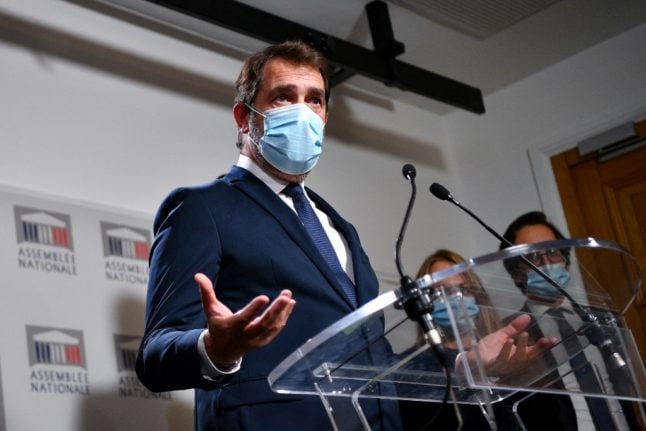In one case, a teacher was assaulted by a student who was subsequently convicted by the district court in Gällivare, northern Sweden.
The assault took place at a school in Kiruna after a teacher had taken the unruly student out of the lunchroom, at which point the student began to hit and kick the teacher, and also threatened to kill him.
Despite the guilty verdict, the court nevertheless found that the teacher didn’t deserve any compensation for the incident because teachers who are responsible for supervising students “must expect that some violence and threats can occur when they intervene”.
In justifying its denial of compensation for the teacher, the court compared the teacher’s supervisory role to that of a police or security guard.
“A very strange ruling and what really makes is weird is that they say that teachers should be able to tolerate a beating. No, teachers shouldn’t tolerate that,” Metta Fjelkner, head of the Lärarnas riksförbund teachers union, to Sveriges Television (SVT).
At the same time, however, a Swedish appeals court recently acquitted a principal charged with beating a student.
It cited a Supreme Court ruling stating that it’s okay for teachers to use violence against students if it occurs when teachers are trying to keep students under control, the Metro newspaper reports.
While violence against students cannot be used as a form of punishment, it is allowable if it takes place in the course of escorting an unruly student out of a classroom.
Following the ruling, a principal who had been charged with assault for grabbing a student by the ear and forcing him to sit down was subsequently acquitted of all charges by the appeals court.
The ruling has caused concern among child’s rights advocates.
There is an obvious risk that we’re heading down a slippery slope when it comes to our view towards violence against children,” Åsa Landberg, a psychologist with Save the Children (Rädda Barnen) in Sweden told Metro.



 Please whitelist us to continue reading.
Please whitelist us to continue reading.
Member comments